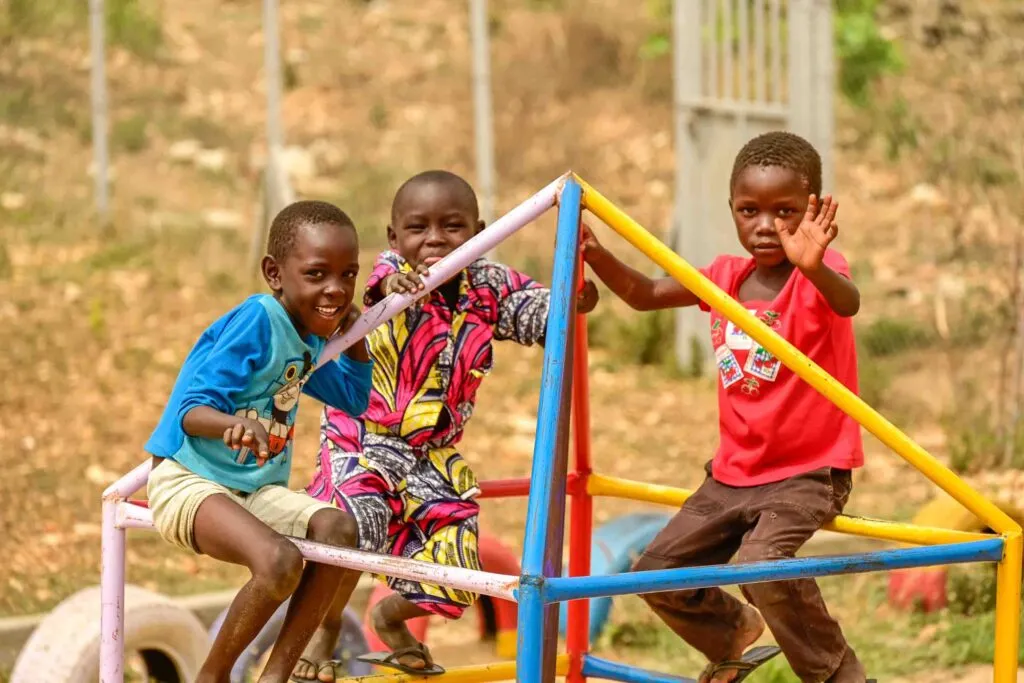Evaluating and improving child-friendly spaces in emergencies

Child-friendly spaces (CFS) provide psychosocial support to children in emergencies, but little research has been available to support the value of their use. This study sought to provide the first robust evidence on the impact of CFS.
The study findings led to a substantive and important change to the 2019 update of the Child Protection Minimum Standards, a key guiding resource for international humanitarian actors. Knowledge and understanding increased within the humanitarian community, which in turn has led to more demand for further research and evidence into CFS. Collaboration between researchers and humanitarian practitioners has been strengthened, and contributions from the study have also improved the CFS evaluation practices of partner agencies. The project led to a follow-on study, also funded by R2HC, and continues to inform the approach to child protection at World Vision International.
R2HC captures detailed case studies through a process that triangulates and validates evidence on uptake and impact. The case study methodology and full version of this summary case study including references are available on request. Outputs and resources from the study are available on the project page.